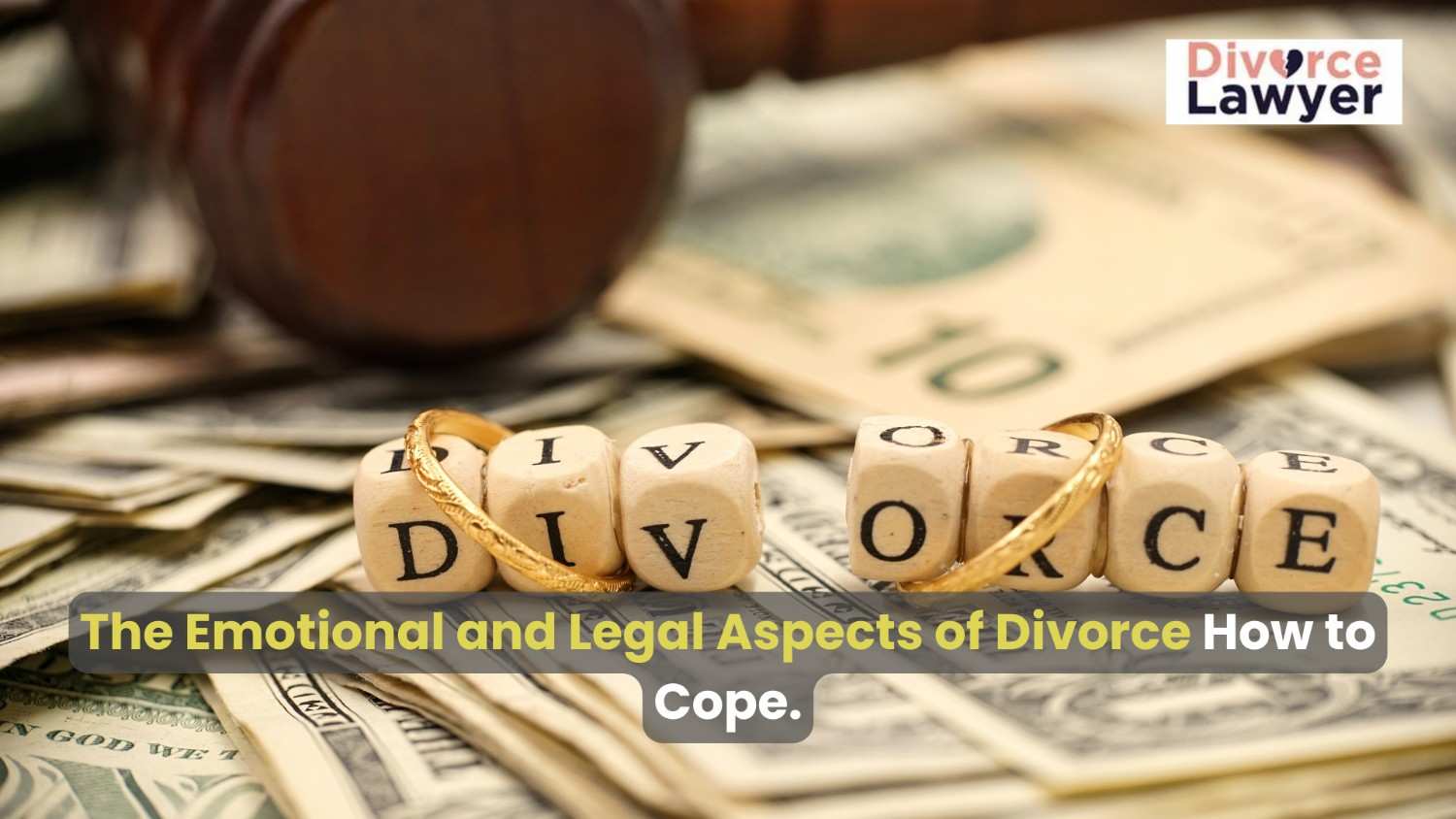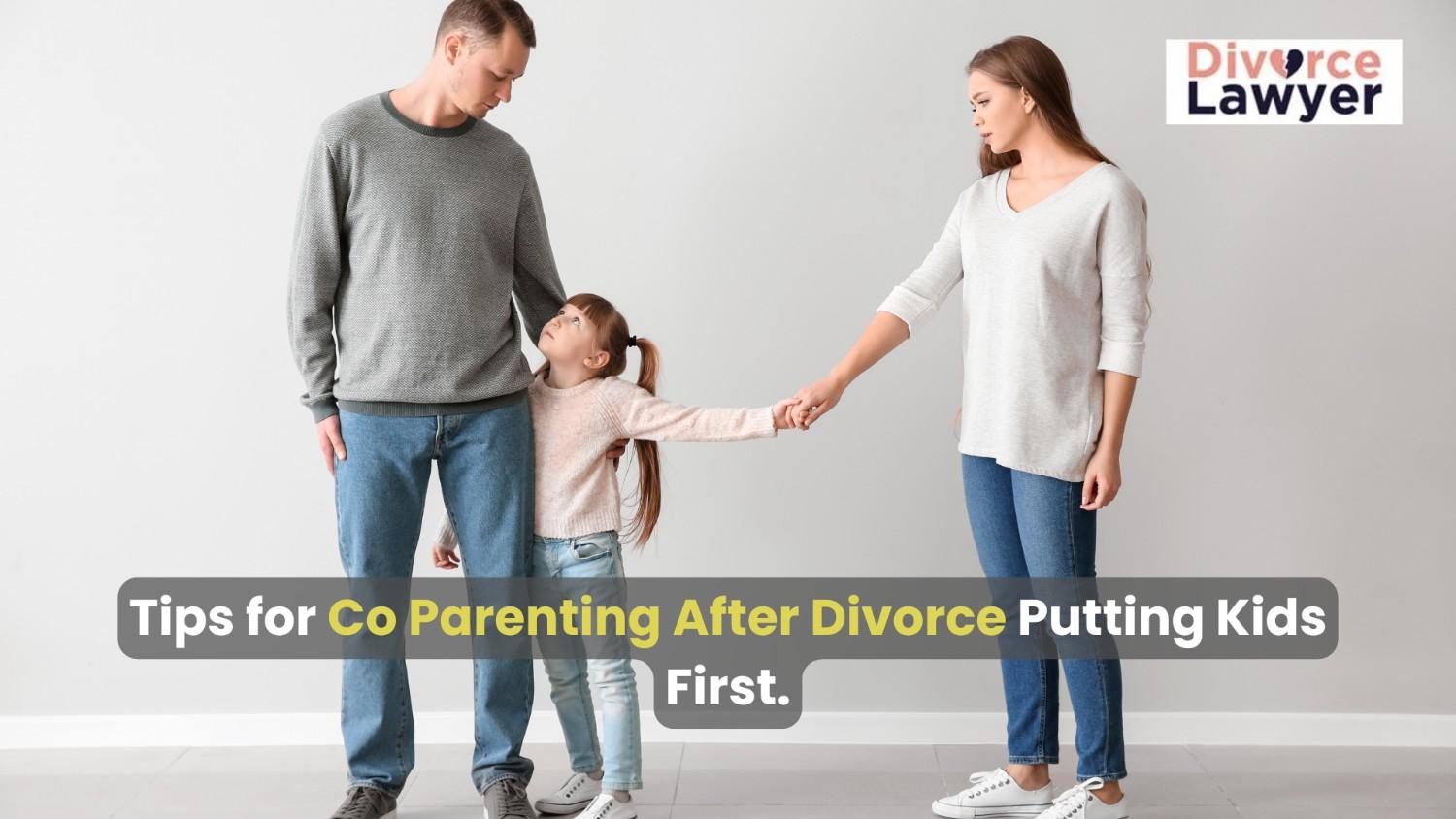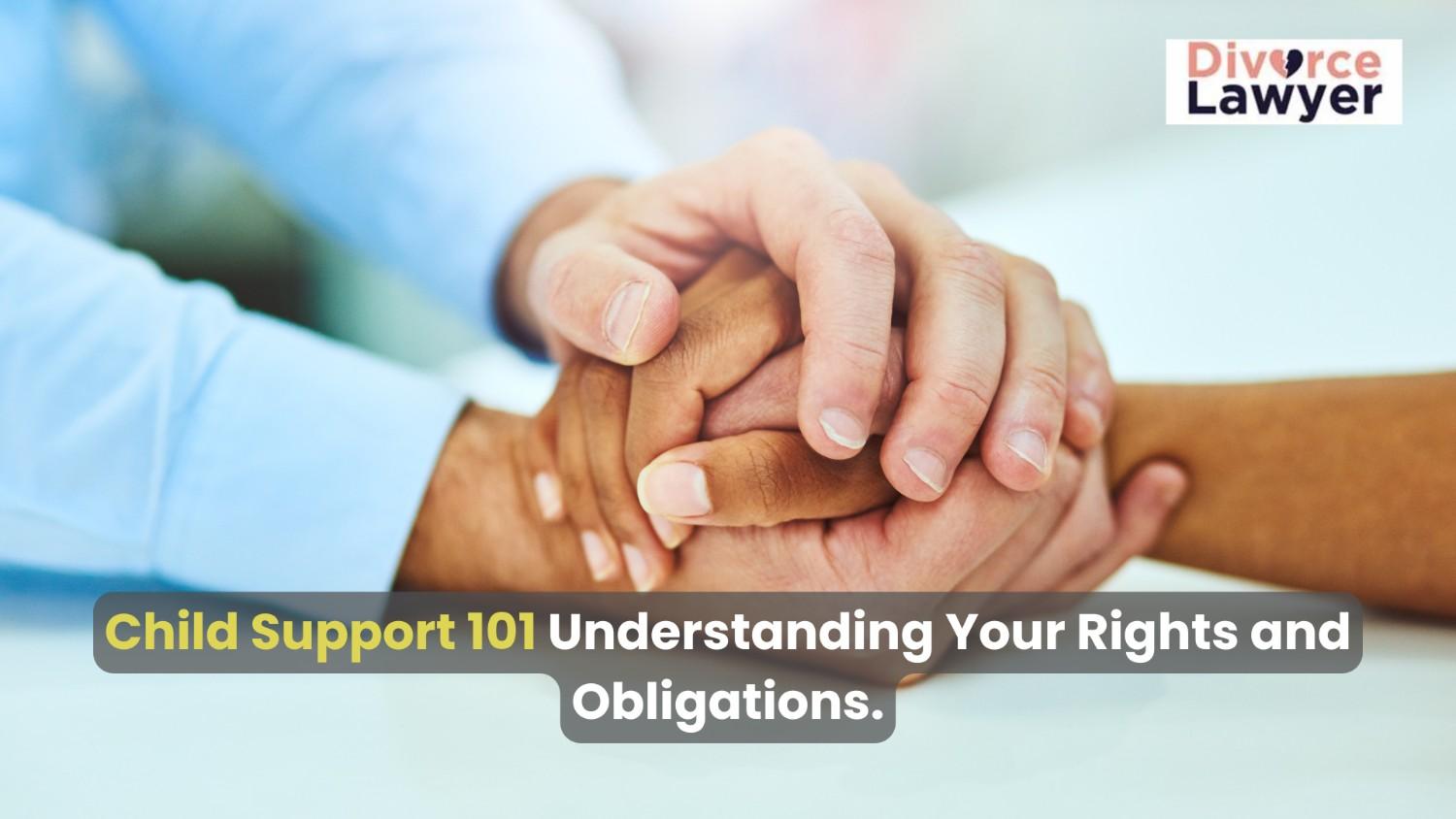· Child Custody & Parenting · 4 min read
The Emotional and Legal Aspects of Divorce: How to Cope
Divorce is a multifaceted journey, blending emotional upheaval with legal complexities. Learn how to navigate this challenging transition with resilience, preparation, and the right support to emerge stronger and build a brighter future.

Divorce is one of the most challenging life transitions, often involving a mix of emotional turbulence and complex legal processes. Navigating this dual challenge requires resilience, preparation, and the right support. Whether you’re at the start of this journey or deep into the process, understanding both the emotional and legal aspects can help you cope and emerge stronger.
Understanding the Emotional Impact of Divorce
The Emotional Rollercoaster
Divorce often brings a whirlwind of emotions: sadness, anger, guilt, relief, and even fear of the unknown. It’s a normal part of the process, but it can feel overwhelming.
Why Divorce is Emotionally Challenging
Loss of a shared future and dreams.
Changes in family dynamics, especially if children are involved.
The fear of being alone or starting over.
Coping Strategies for Emotional Healing
Seek Professional Help: A therapist can provide guidance and tools to manage your emotions.
Lean on Your Support System: Friends and family can offer comfort and perspective.
Practice Self-Care: Focus on activities that nourish your mind and body, like exercising or journaling.
The Legal Complexities of Divorce
Understanding the Legal Process
Every divorce is unique, but most follow a general legal framework: filing, negotiating terms, and finalizing agreements. Knowing what to expect can reduce anxiety and help you make informed decisions.
Key Legal Considerations
Division of Assets and Debts
Property and finances are divided based on your jurisdiction’s laws.
Ensure a fair settlement by understanding what you’re entitled to.
Child Custody and Support
- Courts prioritize the child’s best interests when determining custody and support.
Spousal Support (Alimony)
- Spousal support may be granted based on factors like income disparity and the length of the marriage.
Balancing Emotional and Legal Aspects
The Connection Between Emotions and Legal Decisions
Letting emotions guide legal decisions can lead to outcomes that don’t align with your long-term interests. For example, agreeing to unfavorable terms out of guilt or anger can create future challenges.
Tips to Keep Emotions in Check During Legal Proceedings
Take breaks when negotiations get heated.
Avoid making decisions out of spite or frustration.
Consult with a trusted lawyer who can provide an objective perspective.
Building a Strong Support System
The Importance of Emotional Support
Divorce isn’t a journey you should take alone. Friends, family, and professionals can help you stay grounded.
Legal Support: Choosing the Right Team
A qualified family lawyer is essential to navigating the complexities of divorce. Consider hiring additional professionals, such as mediators or financial advisors, depending on your needs.
The Role of Therapy During Divorce
Individual Therapy
Therapy provides a safe space to process emotions and develop coping mechanisms.
Family or Child Counseling
If children are involved, family therapy can help them navigate the changes and maintain healthy relationships.
Practical Steps to Cope with Divorce
Set Realistic Expectations
Divorce is rarely a quick or simple process. Understanding this can help you manage frustration and stay patient.
Stay Organized
Keep a record of important documents, court dates, and agreements. Staying organized reduces stress and ensures you’re prepared for each stage.
Focus on the Future
Rather than dwelling on the past, think about your goals and what you want for your post-divorce life.
Navigating Common Challenges
Co-Parenting After Divorce
Maintaining a cooperative co-parenting relationship is crucial for your children’s well-being. Communication, consistency, and mutual respect are key.
Dealing with Financial Adjustments
Divorce often involves financial changes. Create a budget and consider seeking financial advice to secure your future.
Finding Hope After Divorce
Divorce is not the end it’s a transition to a new beginning. Many people discover newfound strength and opportunities for growth after this challenging experience.
Conclusion
Divorce is a multifaceted process that tests your emotional and legal resilience. By acknowledging your feelings, staying informed about the legal process, and seeking the right support, you can navigate this journey more effectively. Remember, every end is also a beginning, and with time, healing, and effort, you can build a brighter future.
FAQs
How do I stay emotionally strong during a divorce?
Seek therapy, lean on your support network, and practice self-care to maintain emotional balance.What documents do I need for a divorce?
Gather financial records, property deeds, custody agreements, and legal identification documents.How can I prepare for child custody hearings?
Document your parenting involvement, stay consistent in your child’s life, and work with a family lawyer.Is mediation better than litigation for divorce?
Mediation can be less stressful, quicker, and cheaper, but it depends on your situation and relationship dynamics.Can I start over financially after a divorce?
Yes, with careful planning, budgeting, and potentially consulting a financial advisor, you can rebuild your financial stability.



